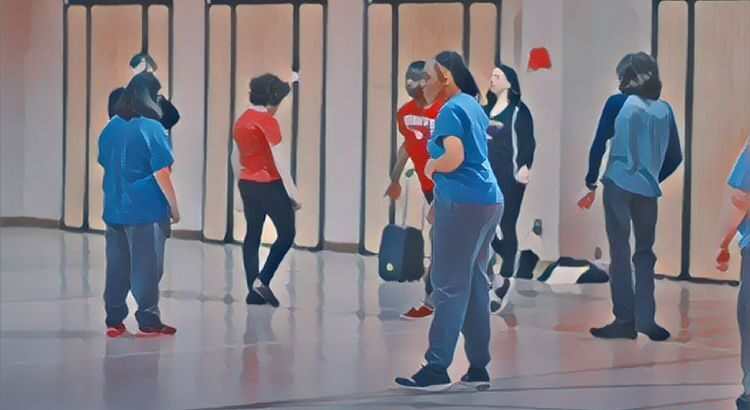Occupational Therapy
Amy Mullins, OTR/L, Director of Related Services
Occupational Therapy services are delivered in a collaborative, consultative approach by working closely with all members of the Autism Model School team. The occupational therapist:
- Provides staff with training
- Assists with program development
- Monitors student progress
- Helps collect data to measure progress towards goals
In addition, students are evaluated individually through a multi-factored process. Collaborative goals are developed annually for IEPs, which address individual areas of need.
Areas of concern addressed by the occupational therapist may include but are not limited to:
- Motor Development
- Self-care and Hygiene Skills
- Activities of Daily Living
- Play and Leisure Skills
- Health and Wellness
- Vocational (Job) Skills
Behavioral approaches to learning are used and include: aspects of task analysis, forward and reverse chaining of skills, visual supports, systematic approaches to tasks, and prompt fading.
Speech and Language Therapy
Corinne Keller, M.A., CCC-SLP, Speech-Language Pathologist
Speech and Language Therapy services are also delivered in a collaborative, consultative approach by working closely with all members of the Autism Model School team. The primary role of the speech-language pathologist is consultative in nature so that all staff members can be trained in delivering programming designed to facilitate speech and language development. The speech-language pathologist is also involved in the administration of individual student evaluations and collaborating with other specialists during IEP development.
Areas of concern addressed by the speech-language pathologist may include but are not limited to:
- Requesting
- Vocabulary Development
- Comprehension
- Vocal/Speech Imitation
- Play Skills
- Use and Comprehension of Social Language
The Verbal Behavior approach is the primary methodology used to teach students with autism concepts of language use and comprehension. This approach relies on positive reinforcement, error-less teaching and discrete trial training.
